QuestionHi Jill,
I have a six year old Papillon that I purchased when she was 9 months old. She had been sold as a show prospect and returned because she was too small (weight is 2.3 lbs). She is skittish and timid around people she doesn't know, but has closely bonded with my parents, my husband, and myself. She is very calm, quiet, and mellow and loves a warm lap or soft pillow. She has been curious about other dogs she's seen out and about but has never attempted to play with any dog in the 5 1/2 years I have had her. We recently purchased another papillon puppy (3 months) whom was just weaned in the last week. My older dog cowers in fear and quickly walks in the other direction or goes in another room when ever the puppy approaches. She has lost interest in the only toy she likes (her ball). She has shown no sign of standing up to the puppy regarding her territory, bed, or food. I am worried she is miserable and that as the puppy gets larger she may hurt my small companion. Your insights as to how I the lively, fun loving pup and my older dog can both happily co-exist would be greatly appreciated!
AnswerYe GADS!!! Some show prospect!!! A show puppy is heavily socialized to people and other dogs from DAY ONE: this is the mandate for a show dog, as ATTITUDE is "everything" in the show ring (barring horrible conformation problems.) That "breeder" was an idiot.
I do not know how long you've had your new puppy or how you are interacting with it in the presence of your older Pap. However, it appears that your older Pap is unable to habituate to the presence of this very confident, happy puppy. You can attempt to change this, but I have to advise you that, given the age of your older Pap, and the fact that she is not socialized to other dogs at all, you may not see the result you hope for.
First: treat the older dog as the "resident queen" in your home; greet her first, interact with her before interacting with the puppy, feed her first, allow her into your bedroom (and not the puppy) for the next few weeks. Pay special attention to the puppy away from the older dog (because you MUST bond that puppy to you); take the puppy out every day and introduce it to other people, places, dogs, etc. (in other words, SOCIALIZE that puppy heavily), but also take your older dog out (or spend quality time with her) away from the puppy. Second: take the older dog and puppy OUT together and walk them parallel to one another every single day. Observe the older dog carefully; EVERY TIME she makes eye contact (close observation is needed, the slightest turn of eye to the puppy) REWARD her with piece of special food (tiny tidbit of chicken, hot dog, cheese, etc.) with a verbal cue (make one up: like, "tickle") so she will begin to associate the verbal cue with the reward. You can then (after many such outings) use this verbal cue (with its accompanying food reward) INDOORS when your older dog tolerates (without OBVIOUS FEAR, you must read her body signals) the puppy. Do not allow the puppy to bully the older dog; these two seem to be temperamentally unsuited to one another; the puppy being gregarious and confident, the older dog not so at all. You must put a very lightweight (VERY lightweight) nylon leash (using a body harness) on the puppy and remove her (without your hands, only the leash) if she interacts inappropriately with the older dog (and this means your observation of the older dog's comfort level.) This requires extraordinary observation on your part and you must study dog body language in order to achieve it: Turid Rugaas' book on calming signals and Roger Abrantes' book on dog body language. You have your work cut out for you; I don't know if this can be accomplished, given the age and lack of socialization of your older Pap. You may need the assistance of a very experienced positive reinforcement trainer; choose this person very carefully. Ask for multiple references (and CHECK THEM) and observe this person closely; if you are not comfortable with the trainer's approach, find another one.
This most likely CAN be done, given time; whether or not your older dog will ever happily accept your new puppy is not something I can determine (not being able to temperament test either or see them together), but it's certainly worth a try.

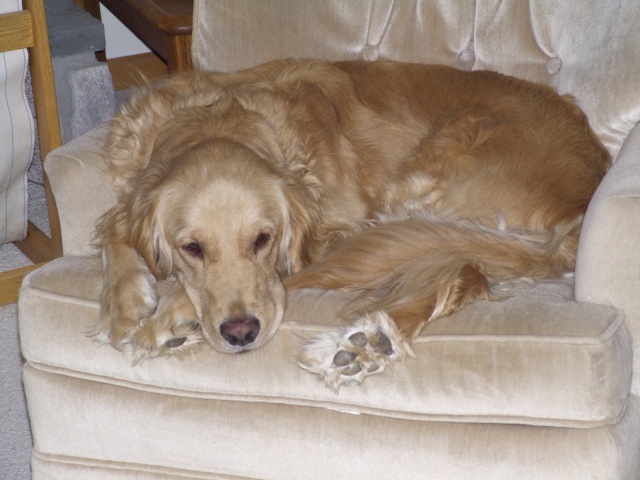 aggression in aging dog
Question
Niko
I have a thirteen year old, female, Samoy
aggression in aging dog
Question
Niko
I have a thirteen year old, female, Samoy
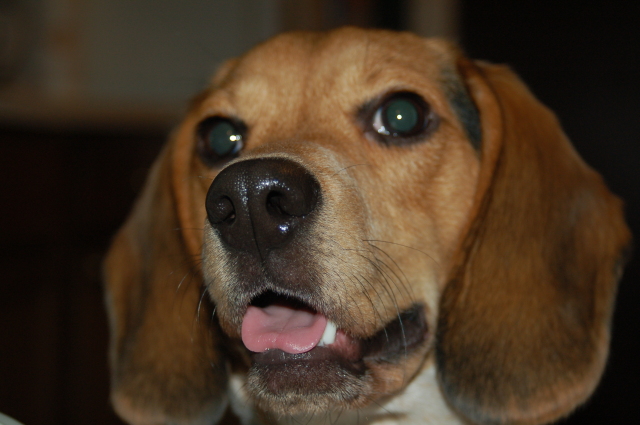 uncontrollable beagle
Question
max
My beagle is a year and a half. Ive had hi
uncontrollable beagle
Question
max
My beagle is a year and a half. Ive had hi
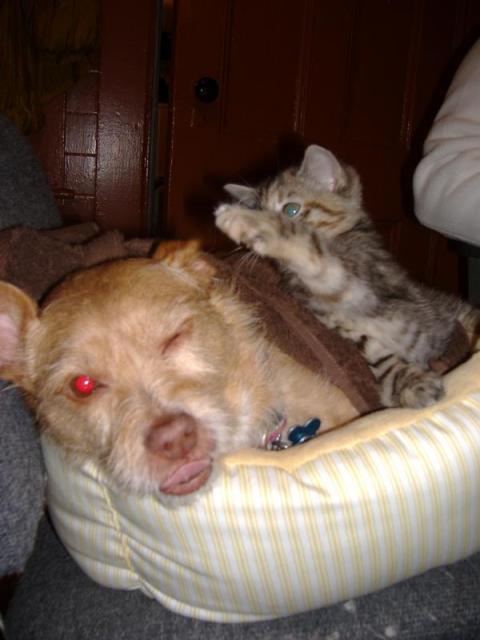 My dog is shaking and hiding under my bed recently
QuestionRorrie and Pencil
QUESTION: My dog, Rorr
My dog is shaking and hiding under my bed recently
QuestionRorrie and Pencil
QUESTION: My dog, Rorr
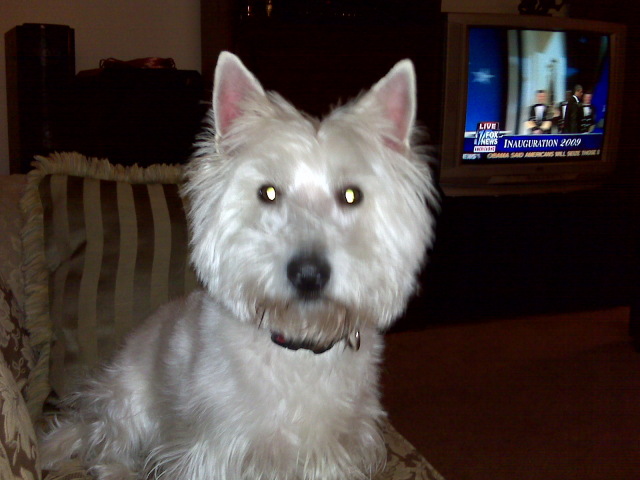 Companion for Lonley Westie
Question
Shannon
We have a 5-year-old neutered Westie w
Companion for Lonley Westie
Question
Shannon
We have a 5-year-old neutered Westie w
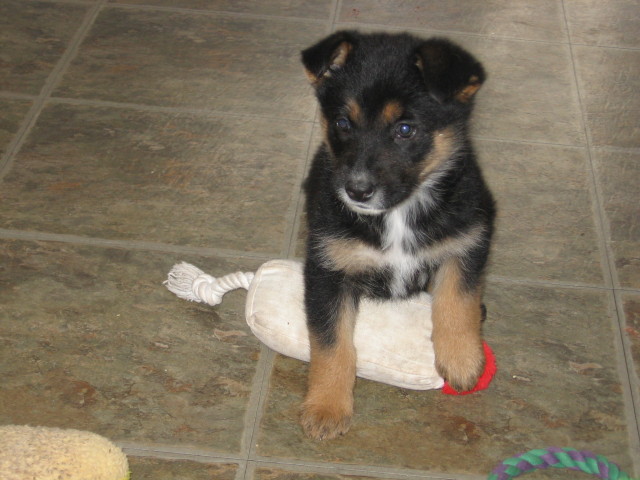 puppy problems
QuestionQUESTION: I am the proud owner of 2 german shep
puppy problems
QuestionQUESTION: I am the proud owner of 2 german shep